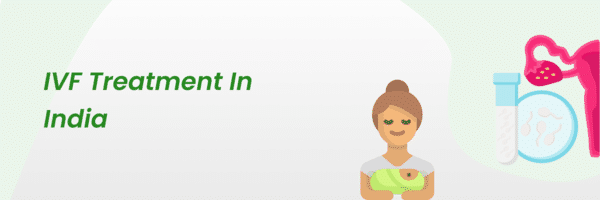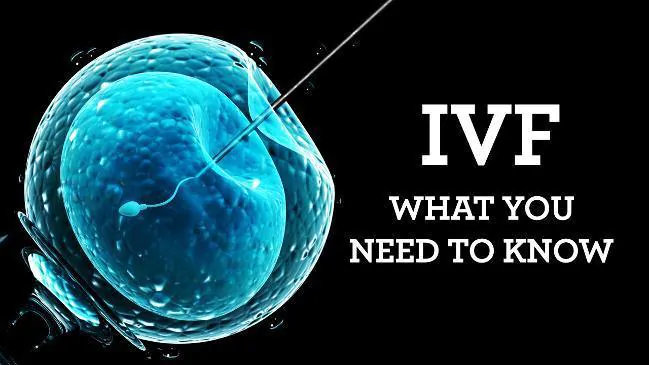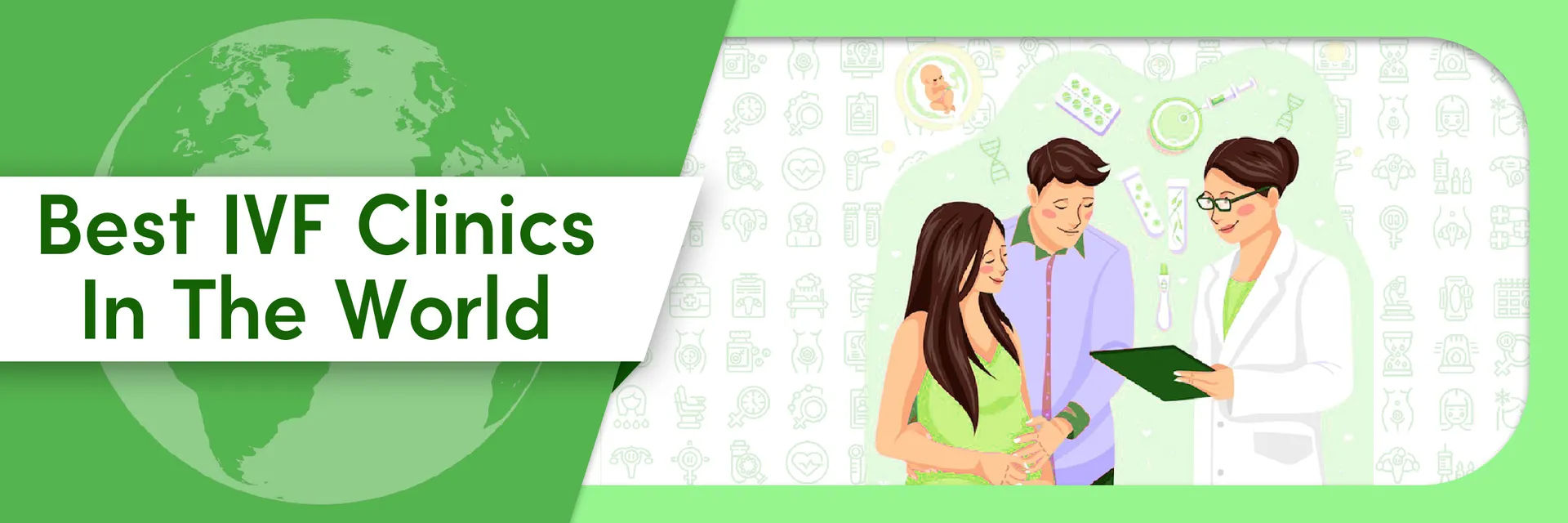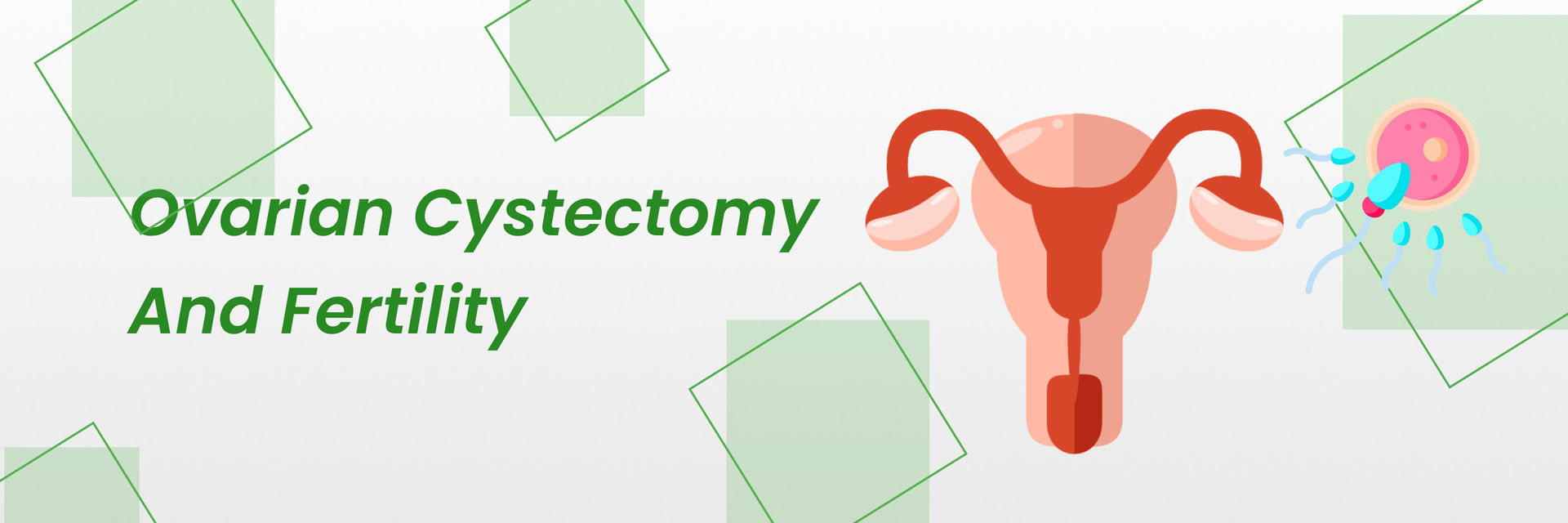Overview
Deciding to pursue IVF can be a life-changing decision, and understanding your chances of success is a crucial part of the process. One factor that plays a significant role in determining IVF success rates is age. As women age, their fertility naturally declines, and this can have an impact on the success of IVF treatments.
Here, we will explore IVF success rates by age and provide valuable insights into how you can improve your chances of success. Whether you're just starting to explore IVF options or have already begun the process, understanding how age impacts IVF success rates is essential information for making informed decisions about your fertility journey.
Your health is too important to ignore – schedule your appointment now.
The IVF success rate is 40% in young women, depending on a number of factors like age, the number of embryos transferred, and the fertility clinic's success record.
In this blog, we have divided the data into categories to help you understand how your age and the number of embryos transferred can affect your chances of success.
Whether you're in your 20s or 40s, read on to discover the IVF success rates by age.
IVF Success Rates by Age
Age is one of the most important factors in IVF success rates.
The success rate for live births is:
- 31% of women younger than 35 years of age
- 24% of women aged 35 to 37
- 16% of women aged 38 to 40
- 8% of women aged 41 to 44
- 3% of women aged 43 and older.
It's important to remember that age affects IVF success rates, but it is not the only factor. There are other factors like general health, medical history, and the number of transferred embryos.
Wondering why IVF success rates decrease with age, we've got the answers. Read more about why age matters for IVF success rates.
Why is IVF less successful with age?
Here are some of the reasons why:
Decreased ovarian reserve | As a woman ages, her ovaries produce fewer eggs, and the quality of eggs gets lower. This means fewer eggs are available for IVF treatment, and those that are available may not be as usable. |
Changes in egg quality | As women age, their eggs can have chromosomal abnormalities, which can lead to failed implantation or miscarriage. |
Changes in the uterine environment | As women age, the lining of the uterus may become thinner and less receptive to embryo implantation. This can make it difficult for a fertilized egg to implant and develop into a healthy pregnancy. |
Increased risk of health complications | Women over the age of 35 are at a higher risk of health complications such as hypertension, diabetes, and obesity. These conditions can have a negative impact on the IVF success rate. |
IVF Success Rates by Number of Embryos Transferred
The number of embryos used in IVF also affects success rates. According to SART, transferring many embryos can increase the chances of a successful pregnancy, but it also increases the risk of multiple pregnancies.
- Success rate for women under the age of 35 for live births -
Two embryos - 31%
Three embryos - 62.2% (can also lead to multiple pregnancies)
- Success rate for women between the ages of 35 and 37 for live births -
Two embryos - 44.7%
Three embryos - 53.4%
- Success rate for women who are 38 to 40 years for live births -
Two embryos - 30.6%
Three embryos - 40.3%
- Success rate for women aged 41 and 42 years for live births -
Two embryos - 15.8%
Three embryos - 23.8%
IVF Success Rates by Embryo Quality
The quality of the embryos is important in determining the success rates of IVF. The embryo is graded based on how it appears and develops, which determines its quality.
SART estimates that the live birth success rate for high-quality embryos is 48.8% for women under the age of 35.
But it reduces to,
- 38.4% for women in the 35–37 age group
- 26.3% for women between the 38 to 40 age group, and
- 13.8% of women in the 41–42 age group.
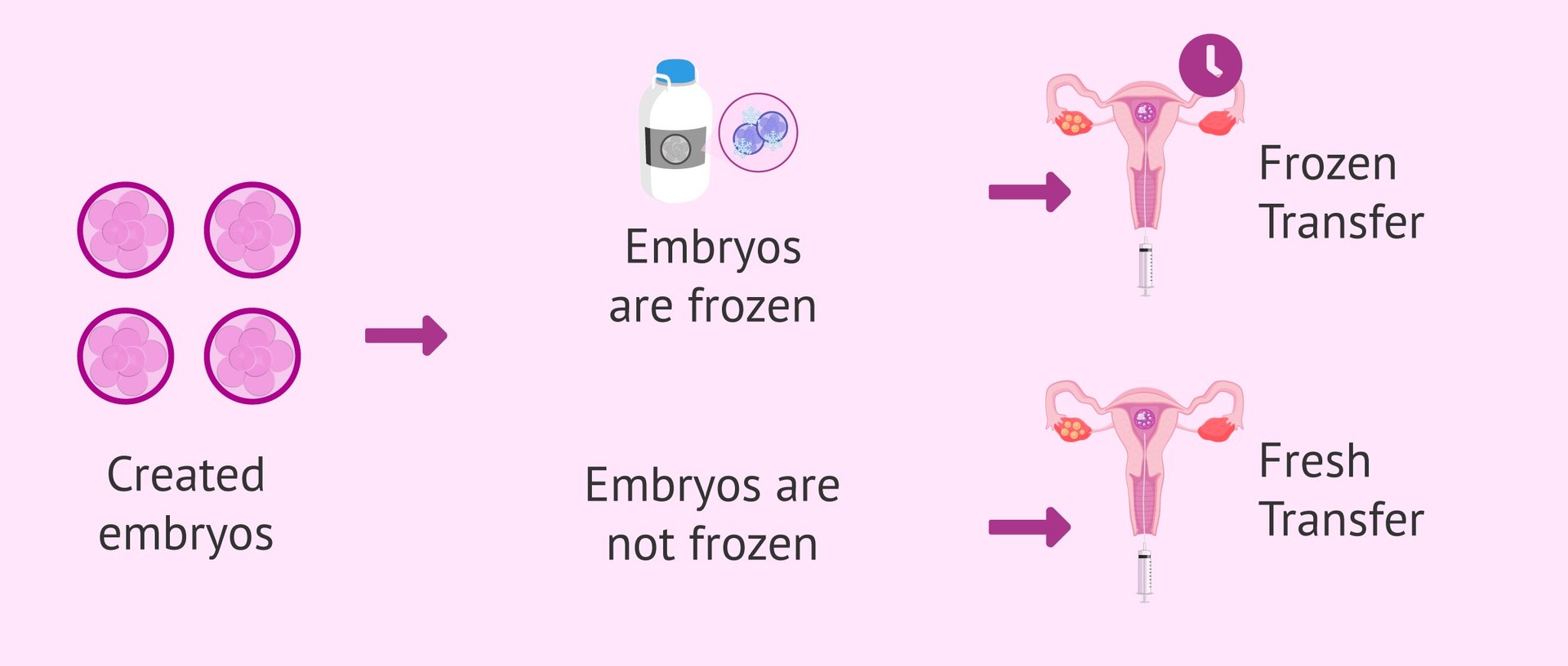
How do IVF success rates differ between fresh and frozen embryos?
The success rates of IVF with fresh versus frozen embryos vary in the ways mentioned below:
Time and Synchronization | In a fresh embryo transfer, the embryo is placed in the uterus, but the patient's natural menstrual cycle may not always completely match this timing. To match with the uterine lining, frozen embryo transfer (FET) enables the transfer of embryos at a particular point in the patient's menstrual cycle, which increases the success rate. |
Vitrification | Vitrification is used to maintain the viability and integrity of the embryo. This process has better survival rates for the embryo during the freezing and thawing process. This increases the success rates compared to traditional slow-freezing methods used in fresh embryo transfer. |
Genetic testing | Before transfer, the embryos are able to perform genetic testing using FET. Chromosome abnormalities and genetic illnesses can be screened for using preimplantation genetic testing (PGT). This screening increases success rates and chances of transplanting a healthy embryo. |
Reduced risk of ovarian hyperstimulation syndrome | Creating multiple follicles and eggs for fresh embryo transfers, requires ovarian stimulation medication. This increases the risk of ovarian hyperstimulation syndrome (OHSS). |
Success rates | Studies have shown that frozen embryo transfer success rates are comparable to, if not higher than, fresh embryo transfers. In fact, some studies have found that FET can result in higher success rates for certain patients like those with polycystic ovary syndrome (PCOS). |
Take charge of your health with the best treatment. Book your consultation now.
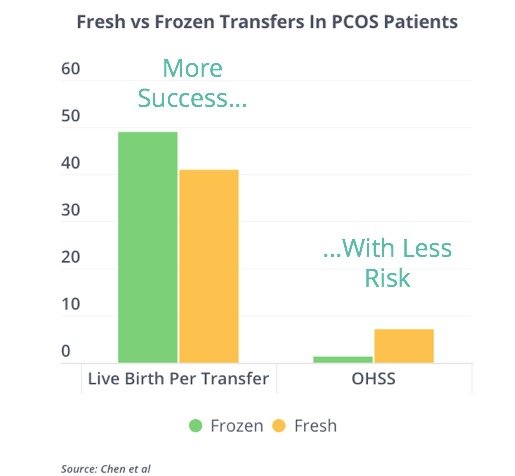
Frozen Embryo Transfer Success Rate by Age
Frozen embryo transfer (FET) is a popular IVF treatment option that can increase your chances of success. But, the success rates of FET can vary depending on several factors, including age. In general, the younger you are at the time of embryo freezing, the higher your chances of success will be when you undergo FET.
- Under the age of 35: 50-60%
- Between age 35-37: 45-55%
- Between age 38-40: 40-50%
- Between age 41-42: 30-40%
- Between ages 43 and above 15-25%
It's important to note that these success rates are approximate and can vary depending on several factors, including the quality of the frozen embryos, the age of the partner and sperm quality, and the underlying cause of infertility.
Guidelines for IVF Treatment by Age
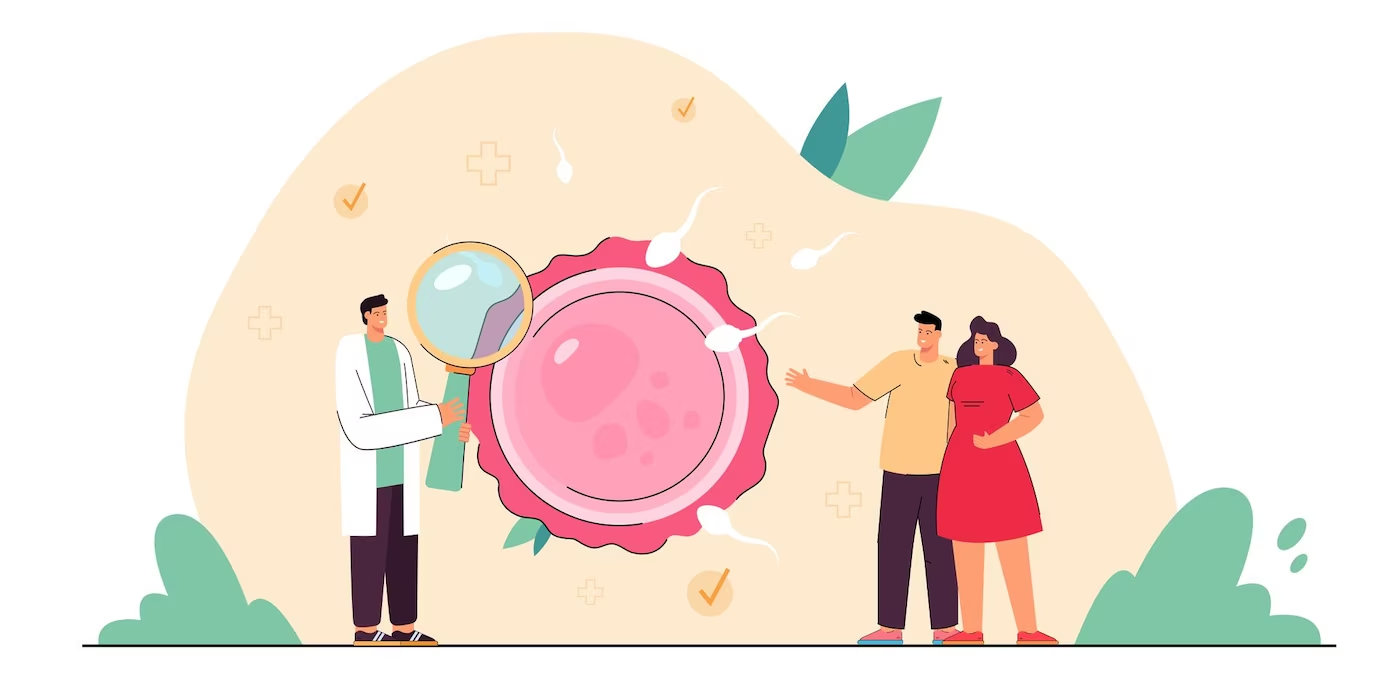
In IVF treatment, age plays an important role. The chances of conceiving through IVF decrease due to a decline in ovarian reserve and egg quality. Here are some guidelines for IVF treatment based on age:
1. Recommended Number of IVF Cycles:
- For women under the age of 35, it is advised to undergo 3-4 IVF cycles before considering alternative options.
- For women between the ages of 35-40, it is advised to undergo 2-3 IVF cycles before considering alternative options.
- For women over the age of 40, it is advised to undergo 1-2 IVF cycles before considering alternative options.
2. Recommended Number of Embryos Transferred:
- For women under the age of 35, it is advised to transfer one or two embryos to reduce the risk of multiple pregnancies.
- For women between the ages of 35-40, it is recommended to transfer two embryos to increase the chances of success.
- For women over 40, it is recommended to transfer three embryos to increase the chances of success.
3. Recommended Use of Preimplantation Genetic Testing (PGT):
- PGT is advised for women over 35 to check for chromosomal abnormalities in embryos.
- Couples with a history of genetic abnormalities can also use PGT.
- Donor eggs/sperm may be recommended for women over 40 or those with low ovarian reserve or poor egg quality.
These recommendations are based on a number of variables, including age, ovarian reserve, egg quality, and medical background. It is important to work with a doctor, so they can help you create the ideal treatment plan based on your needs and situation.
In conclusion, age plays an important role in IVF treatment, and guidelines for the recommended number of cycles, the number of embryos transplanted, and the usage of PGT and donor eggs/sperm can all change depending on the patient's age and unique situation.
Your well-being is our priority - call us to book your appointment today.
References:

